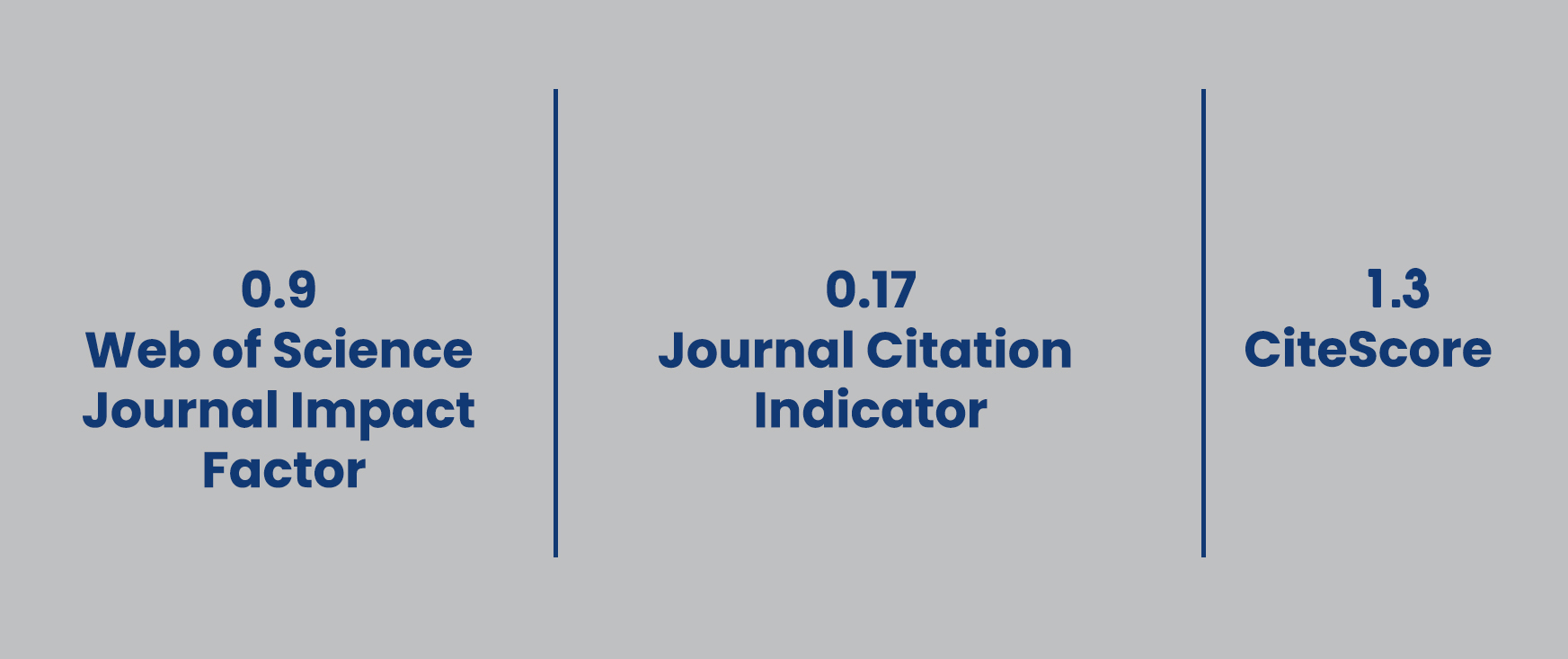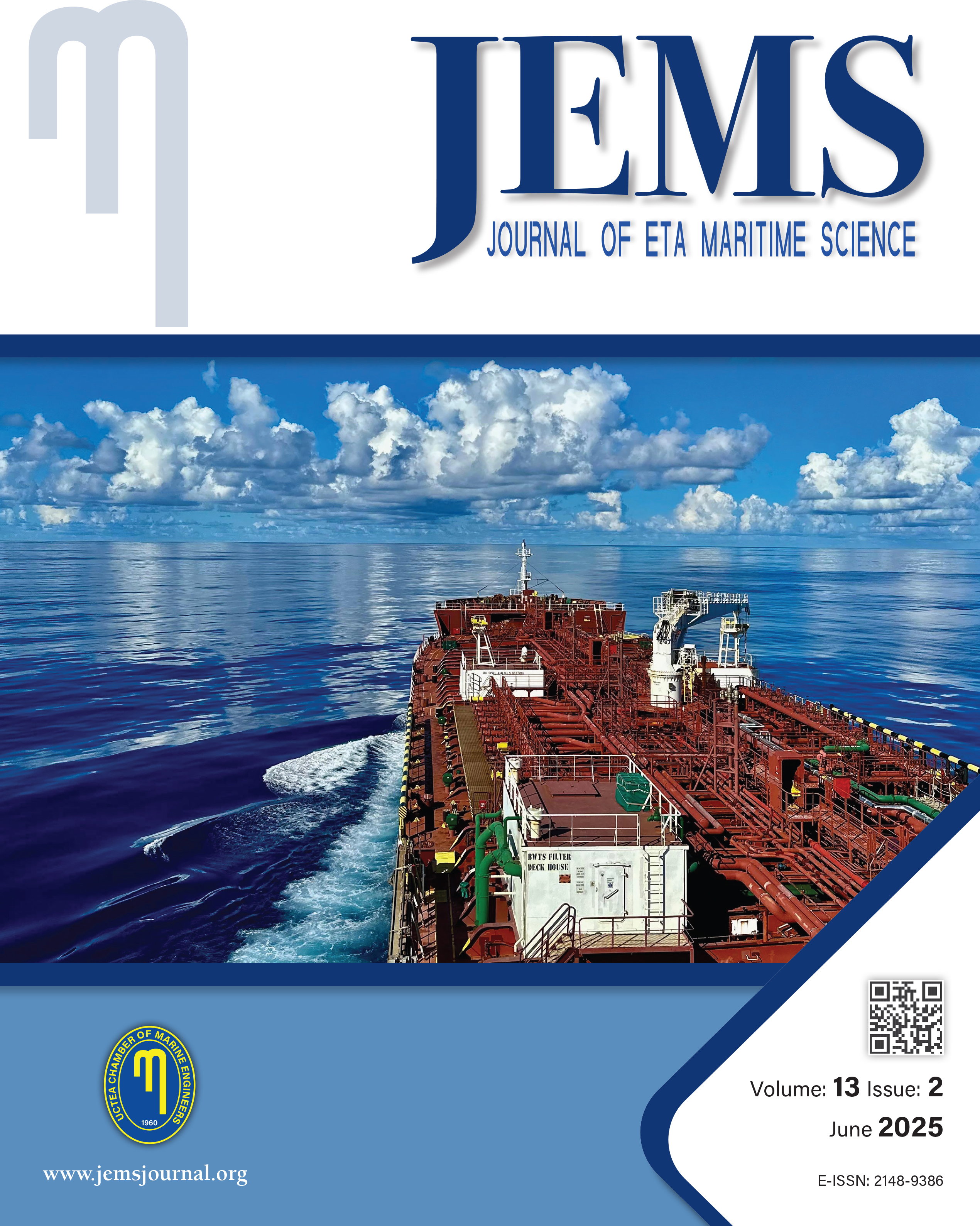

JEMS apply the Creative Commons Attribution NonCommercial 4.0 International Licence to all manuscripts to be published
Advancing Computational Hydroacoustics for Marine Propellers: Investigating the Limits of Incompressible Solvers in Far-Field Noise Prediction
Ömer Kemal Kınacı1, Cihad Delen21İstanbul Technical University, Department of Shipbuilding and Ocean Engineering, İstanbul, Türkiye2İstanbul Technical University, Department of Naval Architecture and Marine Engineering, İstanbul, Türkiye
As sound is a propagating pressure wave, it is important to obtain the hydrodynamic pressure oscillations in the fluid to calculate propeller noise. Numerical hydroacoustic simulations generally assume incompressible flow. Time delays in sound propagation are neglected due to the incompressibility assumption, leading to physically infeasible results in the far field. However, recent works have shown that incompressible solvers can comfortably be used in the near field. This work focused on the effect of distance on the accuracy of the incompressible solver and investigated the hydrodynamic and hydroacoustic properties of a model-scale Duisburg Test Case (DTC) propeller by the finite volume-based computational method. Open-water experiments on a 1/59.407 model-scale DTC propeller were carried out at the Ata Nutku Ship Model Testing Laboratory in Istanbul Technical University. Open-water numerical simulations were performed to determine the hydrodynamic and hydroacoustic properties of the propeller and validated with the hydrodynamic performance of the open-water propeller. Thrust and torque coefficients and open-water efficiency were compared with experiments. The Ffowcs-Williams and Hawkings equation was coupled with the incompressible solver using impermeable surfaces in hydroacoustic predictions of the hybrid solver. Pressure oscillations in the time domain at 21 receivers were used to calculate the sound pressure levels in the vicinity of the propeller. Results of incompressible and hybrid solvers were compared to determine the reach of incompressible solvers for hydroacoustic predictions. It was revealed that discrepancy starts after a 1.5-2D propeller.
Keywords: Ffowcs-Williams and Hawkings, Underwater acoustics, Propeller noise, Open-water propeller, Numerical hydroacousticsManuscript Language: English
(537 downloaded)










